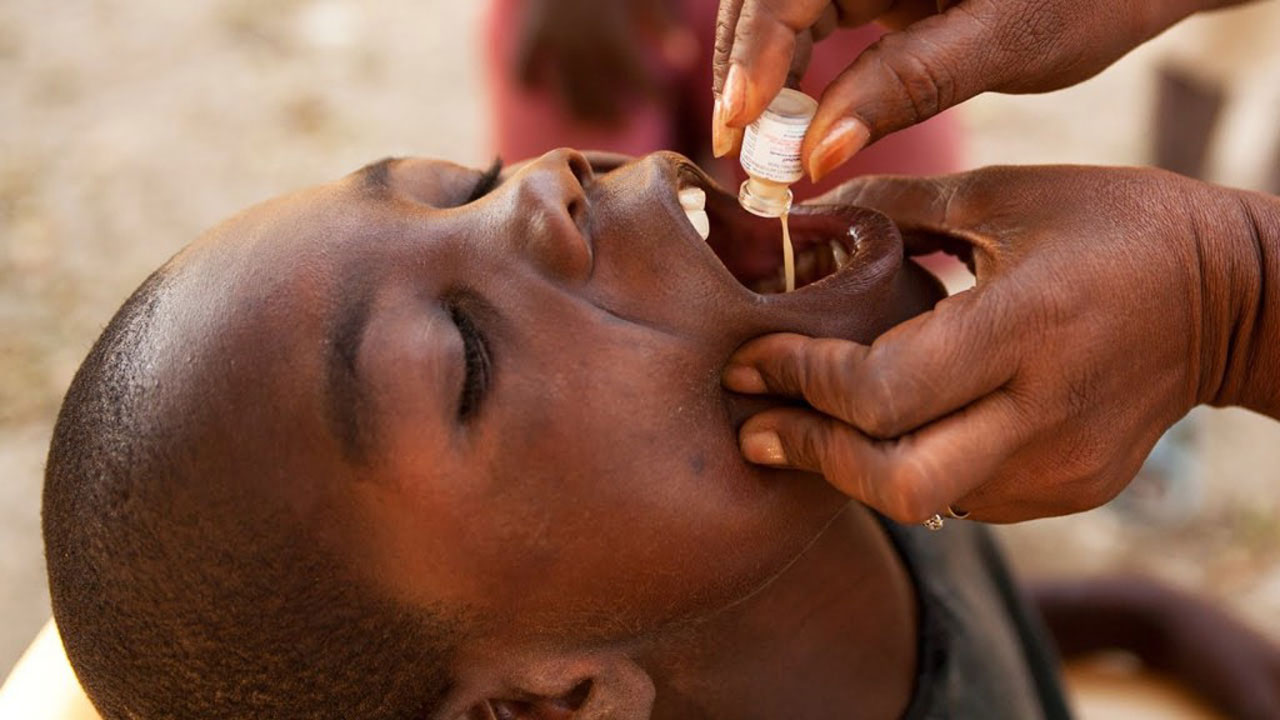Contrary to reports over the Cholera outbreak in some communities in Bayelsa State, the State Commissioner for Health, Prof. Seiyefa Brisibie, has again reaffirmed that none of the state health facilities recorded any death.
The Commissioner reiterated that what people are referring to as Cholera were diarrhea diseases, as there was no confirmed case of positive culture from those diagnosed.
He said some of the reports of deaths from people were weak and verbal autopsies without clinical facts or accurate data which cannot be accepted as fact.
He said, “You are in Yenagoa and your brother is in Korokosi and you heard he died after vomiting and you tell me he died of cholera, we are not going to accept that as an accurate data, that type of weak autopsy data cannot be accepted.
“If people die out of it in our government facilities, we have trained persons to certify at least in the clinical level to say that, yes, this person died out of suspected cholera symptom.
“Bayelsa state have not recorded any death in any of our facilities both primary, secondary or tertiary facilities of a case, or even suspected case of cholera disease, we have not recorded any death in our facilities,and while that is so because we are able to mobilize commodities and then get quick response time to spots location where people say there is an increase in number of people present in the hospital or in the community with diarrhea and vomiting.
“Our response time was within twelve 12 hours to 24 hours before but now it’s six hours, any spot that any community says, look we have increasing numbers of people with vomiting and diarrhea, we first try to get to the location for the doctors and for the primary health care works to have commodities and have additional support.
“So, with this type of quick response, we’ve not recorded any death in any of our facilities, as a scientist and somebody with this level of responsibility.
“We have not recorded anyone even the cases that comes in very severe form, real dehydrated, our doctors and our primary health care facilities have been able to convert them from that very bad state to functional and healthy people and get them discharged.
“This again, is because we have built a strong network of linking our primary care facilities where by for any location that we have outbreaks, immediately we contact the secondary care facilities which have doctors, so that once it is above mild, quickly they are referred to the secondary level. So at that point presentation is pretty early, no severe case is actually treated in primary health care facilities.”
Taritein Boco, Chairman of the Bayelsa Non-Governmental Organizations Forum (BANGOF), pointed out that many communities in the state lack adequate potable water, which is critical in preventing cholera outbreaks.
Also speaking, Pharm Anthony Oraekeye, Executive Director Comfort of the Afflicted said, the persistent loss of bodily fluids is frequently accompanied by vomiting, leading to rapid dehydration and loss of essential salts.
Oraekeye said, “when the body loses these critical salts, such as zinc and electrolytes, it disrupts normal physiological functions, resulting in muscle cramps and weakness. If not promptly treated, severe dehydration can lead to organ failure and even death.
“This is why cholera outbreaks are considered a public health emergency that requires urgent intervention. Whether at the state primary healthcare level or the national health ministry, prompt reporting is critical to containing the spread.”






